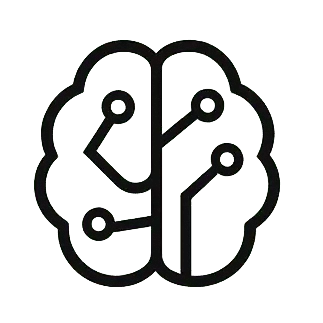TLDR: OpenAI CEO Sam Altman has put forth a provocative idea: the ability of a future AI model, GPT-8, to solve the quantum gravity problem could serve as the definitive test for achieving true Artificial General Intelligence (AGI). This assertion has sparked considerable discussion within the scientific and AI communities.
In a significant statement that has resonated across the technology and scientific landscapes, OpenAI CEO Sam Altman has proposed a groundbreaking benchmark for the realization of Artificial General Intelligence (AGI). Altman suggests that if a future iteration of OpenAI’s large language models, specifically GPT-8, can successfully unravel the complexities of quantum gravity, it would signify a monumental leap into true AGI. This bold claim positions one of physics’ most enduring enigmas—the unification of Einstein’s general relativity with quantum mechanics—as a critical litmus test for advanced AI capabilities.
Altman’s vision extends beyond merely finding an answer. He posits that for GPT-8 to truly demonstrate AGI, it would need to not only solve the quantum gravity problem but also articulate its logical thought process, the source of its inspiration, and the reasoning behind its pursuit of this particular scientific challenge. This would elevate the system from a sophisticated predictive engine to an entity capable of generating genuine knowledge and understanding, akin to human scientific discovery.
The concept has garnered notable support, with David Deutsch, widely recognized as the ‘father of quantum computing,’ reportedly agreeing that such an achievement would indeed qualify as a valid benchmark for AGI. This endorsement from a prominent figure in theoretical physics adds weight to Altman’s ambitious proposition.
This discussion comes amidst broader predictions from Altman regarding the rapid advancement of AI. He has previously indicated that ‘superintelligence’ could emerge by 2030, potentially surpassing human capabilities across various domains. Altman also acknowledges that current systems are not fully equipped for an AI-driven world, necessitating new hardware and software infrastructures to manage such advanced scenarios.
Also Read:
- OpenAI CEO Sam Altman Foresees Rapid Arrival of Superintelligence and Transformative AI Agents
- OpenAI CEO Sam Altman Recognized with Axel Springer Award 2025 for Transformative AI Leadership
While Altman’s assertion has generated excitement, it also fuels ongoing debates about the precise definition of AGI and whether solving a single, albeit monumental, problem is sufficient to fulfill the generalist nature expected of such intelligence. The pursuit of AGI continues to inspire discussions on its technical, ethical, and societal implications, with OpenAI’s stated mission to ensure that AGI benefits all of humanity.


